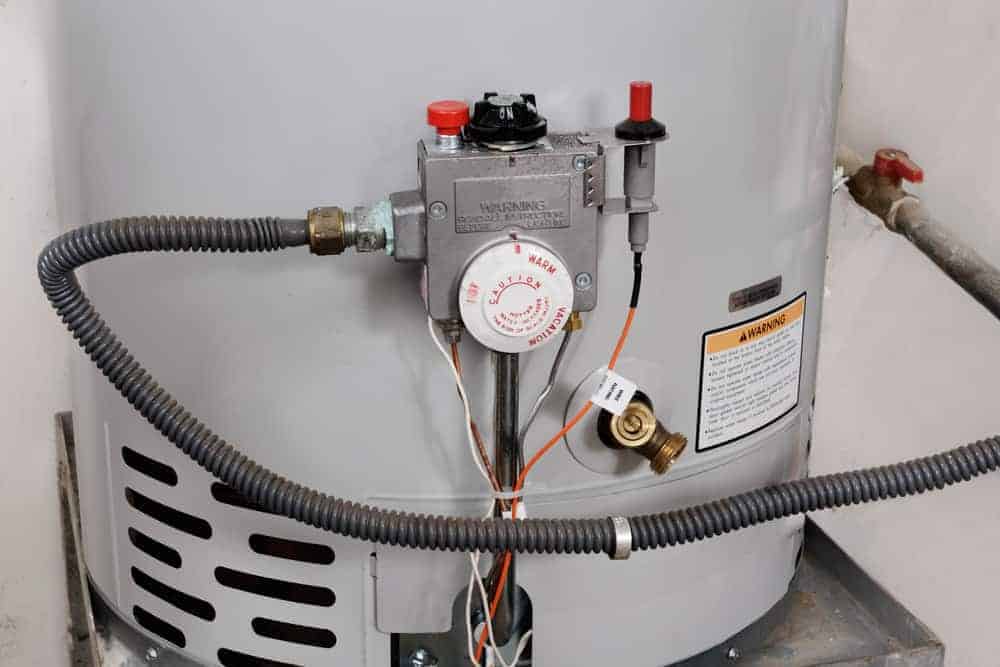Essential Steps for Homeowners Dealing with Malfunctioning Water Heaters
Essential Steps for Homeowners Dealing with Malfunctioning Water Heaters
Blog Article
Here in the next paragraph you can discover a bunch of great expertise relating to How to Avoid a Broken Hot Water Heater.

Whether it is located in the cellar or a separate space, broken water heating systems can trigger tension. Having no warm water supply is also bothersome.
Call the Plumber
After doing the first two security actions, you must call your plumber to come right away to fix a ruptured water heating unit. There are usually indicators that your aging water heating unit has debris accumulation in the interior.
Do not wait on significant flooding to call the plumber. By then, you will need to invest more to restore your home. Instead, as quickly as you identify these indicators, have an expert pertained to check your hot water heater container. Normally, hot water heater have a life-span of concerning 8 to 12 years. With routine assessment and also maintenance, you can prolong its life.
Cut Off the Cold Water Supply
Cut off the tanks tap water supply from the source. This goes from your primary water line right into the storage tank. When your container is in good condition, the cold water stops filling when the container is complete. However since it is leaking, the water will certainly continue to stream. Shut the shutoff discovered at the top of the heater. Turn this clockwise to close it off. You should transform off that main water supply line outside your residential or commercial property if you can not locate it or reach it.
Turn Off Power Source
Before calling the plumber, shut off a gas water heating system by turning the temperature dial. This will stop electrocution, especially if there is a leak as water is a conductor. Normally, the heating component closes off when the water hits a details temperature.
Clean Up Residential property
After calling the plumber, paper damage by taking notes as well as pictures so you can declare your homeowner's insurance policy. Remove any standing water to protect against mold as well as mold growth. If you have a completely submersible water pump, make use of that to drain the water.
Bear in mind, if you see any kind of concerns with your water heater, call the pros right now. You can not take this trouble gently due to the fact that a faulty thermostat can increase water temperature to a precariously high level, causing unexpected burns. A damaged heater pressure safety valve can additionally trigger an explosion. For finest outcomes, get an annual check so your unit gets inspected, cleaned up, drained, as well as refilled, ensuring optimal performance.
After doing the very first 2 safety and security actions, you need to call your plumber to come right away to take care of a burst water heating system. Rather, as quickly as you detect these indicators, have actually a specialist come to inspect your water heater container. Prior to calling the plumber, shut off a gas water heating system by turning the temperature dial. If you have a submersible water pump, make use of that to drain pipes the water. Remember, if you discover any kind of issues with your water heater, call the pros right away.
Is My Water Heater Broken?
The Water Heater is Old
No appliance will last forever. This includes a home’s water heater. During its lifespan, residents are going to face a situation where a new water heater installation will be necessary. The biggest problem with this is that most people are not sure when their water heater expires. Not knowing this can lead to serious risks if the unit begins to act up due to old age.
Most makes and models of water heaters will last between eight and 10 years. While 10 years is the age when water heater replacement is highly recommended, the need to replace the unit may occur before this time or after. If the unit doesn’t show any symptoms of a problem, it is a good idea to replace it at the 10-year mark (from the manufacture date).
Some of the symptoms that indicate a new unit is needed include rusting, leaks, noises, and a failure to heat up the water. Also, note that not all units have a 10-year life expectancy. The main exception to this rule is that a gas unit will last for six to eight years.
Rusty Heater Inlet Valve or Water
While steel is the strongest material on earth, it does have a weakness – rust. If corrosion occurs on a steel surface, it will begin to spread and eat through the steel in certain areas. On water tanks and pipes that are made of steel, rust is a warning sign of an impending leak.
The issue for many is trying to figure out if the rust is coming from the water heater or the pipes that lead to the faucet. If rust is seen, it is a clear indication that water heater service from the professionals is needed.
If rusty water appears out of the faucets in the bathtub or sink, it likely means a rusty water heater. If there is rust near the water inlet or the pressure relief valve, rust has likely developed inside the tank. If tap water appears rusty, it may be an issue with the pipes.
Strange Sounds from the Water Heater
Are there strange sounds coming from the tank? As a water heater gets older, rumbling noises may develop and get louder and louder as the water in the tank heats up. In homes where large amounts of hot water are used, the issue is likely going to be even more obvious when more serious issues arise. If there is a strange or loud noise coming from the unit, it is probably because of sediment buildup. A good way to remedy this problem is by flushing the heater. If this does not work, then a new unit may need to be installed.
Leaks
As a water heater gets closer to the end of its useful life, there is a higher chance there will be water around the tank. If there is water, this usually means leaks are occurring. Based on where the unit is located in the home, a leak may result in serious property damage.
Leaks are usually caused by expansions in the metal tank. The expansions occur as time passes and as the inside body of the tank is exposed to multiple heating cycles per day. When a fracture forms, the gap will be slight enough to hold the water in; however, in more serious situations, this will not be the case. If the tank is idle, the water will not leak but when the metal expands during each heating system, small amounts of water will get through the gap.

I am very curious about Maintaining & Draining a Water Heater and I am assuming you enjoyed reading the post. Please take a moment to promote this content if you enjoyed it. Many thanks for going through it.
Burst? Reach us! Report this page